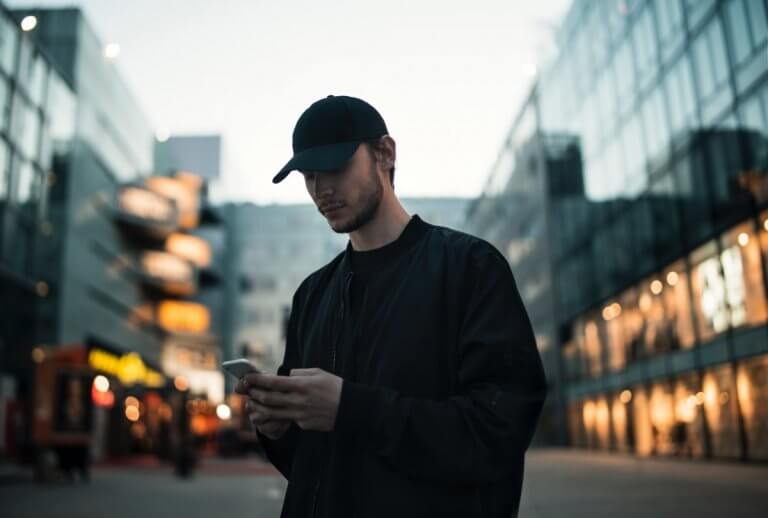
The mental health of university students has reached worrying levels, with anxiety and depression standing among the most prevalent problems affecting students today.
The availability of mental health support is lacking in many institutions, while other factors such as the cost and stigma of seeking help for mental health problems may deter students from seeking the help they need.
However, in recent years, mental health apps such as Fika and Headspace have been growing in popularity, with some focusing on specific psychological disorders.
One study noted, “A 2015 World Health Organization (WHO) survey of 15,000 mental health apps revealed that 29 percent focus on mental health diagnosis, treatment, or support.
“Additionally, public health organisations like the UK’s National Health Service (NHS) and the US National Institute of Mental Health (NIMH) have pointed to mental health apps as cost-effective and scalable solutions to addressing the mental health treatment gap.”
In theory, mental health apps sound ideal, especially in making mental health assistance more accessible to the masses, but how effective are these apps in helping people with their psychological issues?
What psychologists think
I’ve been using a mood tracker app for a little while now to try and understand my mental health a little better.
Today is the first day I’ve honestly been able to say that I’ve been happy each time it’s checked in on me. That’s pretty rad ☺️ pic.twitter.com/KHQ9yNuKfT
— reitfoxx🦊🏳️🌈 (@jjayescott) April 22, 2019
Speaking to Psycom, Sal Raichbach, PsyD, LCSW said such apps have the potential to reach people who would otherwise not receive help by removing the barriers to treatment. He added that the ideal mental health app “will also have mental health practitioners on board, ready to answer questions, plus a 24/7 support hotline for more severe cases.”
Another psychologist, Tanisha Ranger, has used a variety of mental health apps with her patients and finds that they are useful in helping her patients stay connected outside of sessions to work on what they’re doing in therapy, but argues that they should not be used as an alternative or replacement for traditional treatment.
“I see mental health apps being very useful for people who cannot get to sessions as often as they would like, but I do not view them as a substitute for therapy. If a person is actually in need of therapy, these are a great supplement, but they cannot take the place of engaging with someone who can offer individualized interpretations and insights that an app cannot provide,” she said.
Psychologist Jean Otto concurs, adding that apps will not replace traditional therapy, even in the future.
“The work that is done in therapy requires vulnerability and exposure on the part of the patient, in the presence of another person, followed by an empathic connection to promote change and acceptance,” she said.
What does the science say?
mHealth apps, especially those focused on treating mental health conditions, are everywhere. In this piece, I explore two questions: (1) do mental health mobile apps work? and (2) given existing evidence, what makes a mental health app effective? https://t.co/qeWrLvjZQp
— Pooja Chandrashekar (@poojac99) June 12, 2018
While some psychologists are open to their patients using such apps to complement therapy, the science on its use remains limited.
Researcher Pooja Chandrashekar said technology is “well-poised to transform how mental health treatment is delivered and accessed”, but added that the transformation requires the combined mobilisation of science, regulation and design.
Meanwhile, another study published in NPJ Digital Medicine found that 47 of the 73 mental health apps it studied made positive claims about their effectiveness, but added that “only two apps (2.7 percent) provided direct evidence associated with app use – results from a pilot study, and user-reported changes in mood after app use”.
Speaking to Times Higher Education (THE), Professor of Clinical Psychology at King’s College London, Dame Til Wykes, said, “It’s understandable to want to make use of digital technology, but we should only be using things that we know work. A lot of these apps are produced and launched without proper evidence or peer-reviewed studies of their effectiveness.”
While there are apps that claim users have benefited from their support, she is unconvinced. “If we don’t have data from a controlled trial, it is reckless [to promote such apps] as it means we don’t know the harm.”
Liked this? Then you’ll love…
Here are 4 ways college students can overcome anxiety
UK universities called upon to adopt new ’emotional fitness’ mental health app







